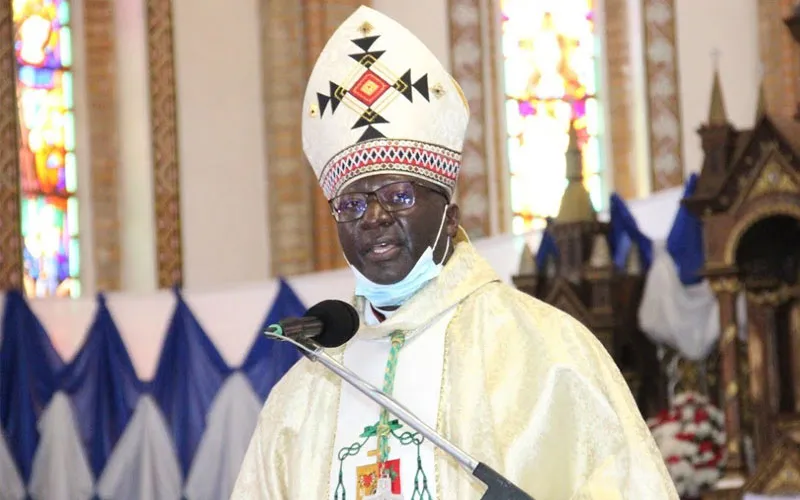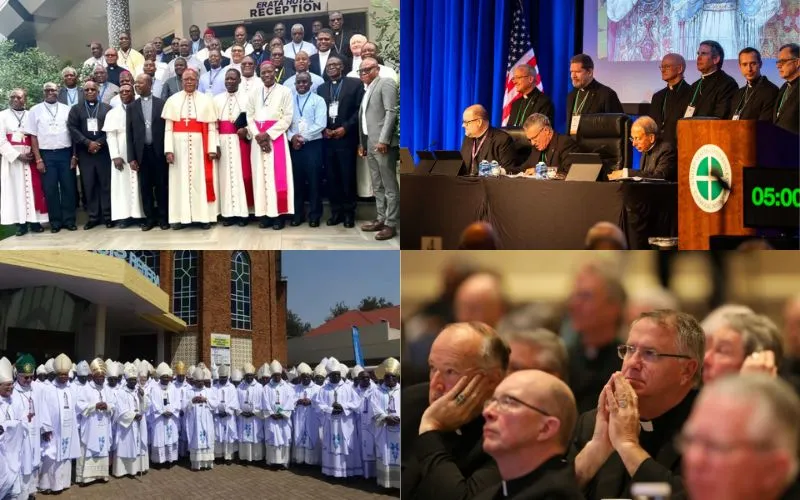Aliwal, 27 August, 2022 / 6:00 pm (ACI Africa).
There need for countries where migrants come from to educate young people about migration, the Bishop overseeing the Pastoral Care for Migrants and Refugees department of the Southern African Catholic Bishops’ Conference (SACBC) has said.
In an interview with ACI Africa following the fourth Cross Border Conference that was held on August 19, Bishop Joseph Mary Kizito cautioned against illegal immigration, describing it as a “big problem” to host countries.
“Countries of origin have got a lot of responsibilities. Countries of origin should have awareness education programs about migration for young people, for the youth, for the young boys and girls before they migrate to another country,” Bishop Kizito said during the Monday, August 22 interview.
The Local Ordinary of South Africa’s Aliwal Diocese said that awareness about migration needs to be incorporated in the youth programs in the churches and community forums.
“The emphasis should be on civic education about the importance of migrating through legal means,” Bishop Kizito said, adding that the process of immigrants seeking asylum “becomes very difficult for the host country” when dealing with “undocumented migrants”.








